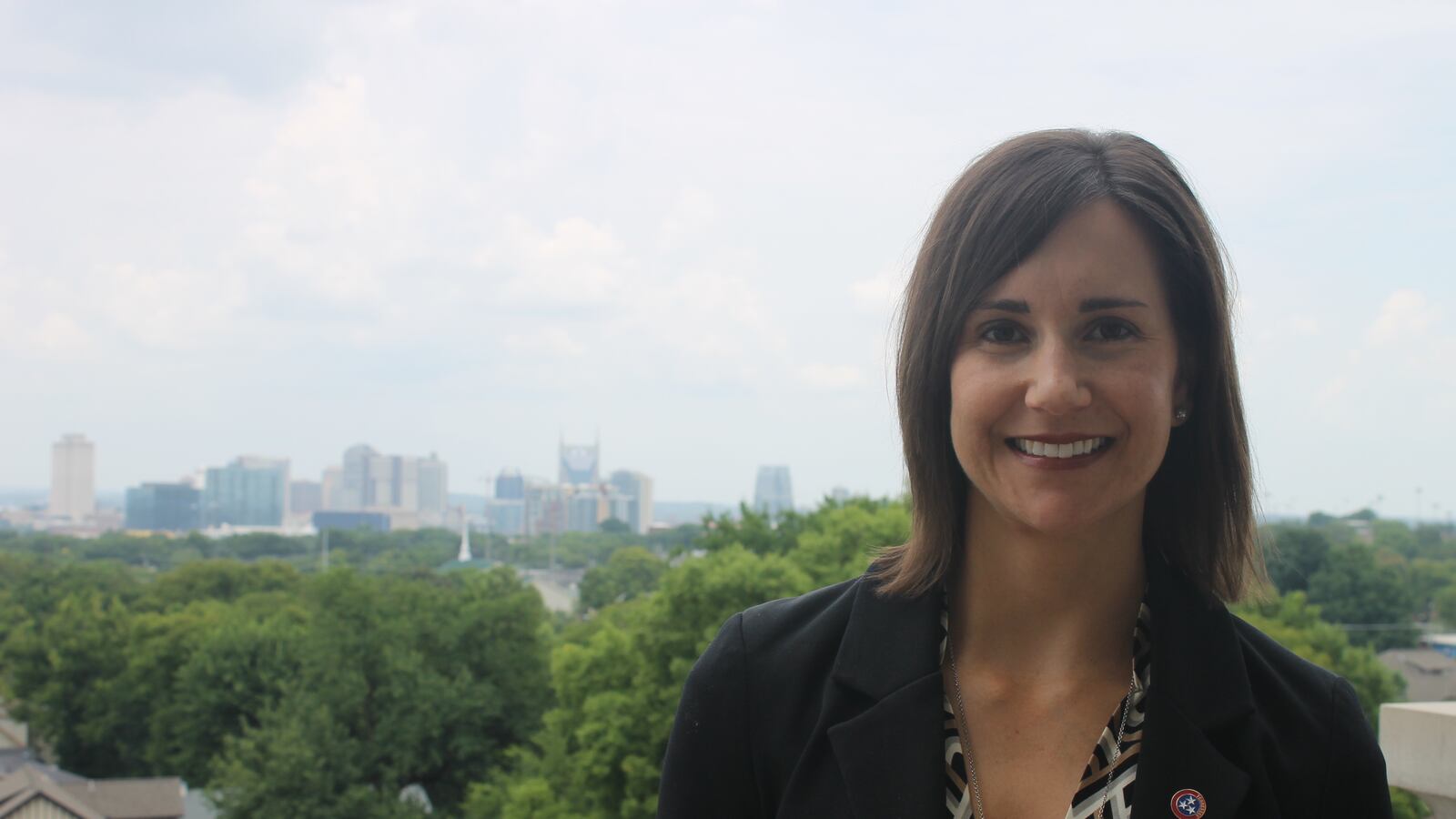As the State Board of Education prepares to open its first charter school this fall in Memphis, it’s ramping up to double as a school district that oversees everything from calendars to budgets to testing.
Several members got a crash course Tuesday on the board’s new role as a charter “authorizer,” making them the gatekeepers responsible for ensuring that their schools of choice benefit their students.
It’s a role that’s both daunting and exciting, said Sara Heyburn Morrison, the board’s executive director.
“I’m excited to be closer to students,” she told the board’s charter school subcommittee. “We can be thinking about how can we take our learning from this to further own policy work.”
Tennessee’s board will join Hawaii’s as the only state boards in the nation to also operate as school districts.
The transition marks a major shift in Tennessee, where the nine-member board heretofore has served as a policymaking body on issues such as nutrition standards, school bus safety and teacher licensure. It also comes as the board grapples with big-picture initiatives to improve the state’s teacher preparation pipeline and develop policies in response to a new federal education law, in addition to completing a flurry of revisions to Tennessee’s academic standards.
“Do we have the infrastructure to do this?” asked Gordon Ferguson, a board member who represents part of Middle Tennessee.
Yes, answered Heyburn Morrison, a former teacher who will act as superintendent for the new state district.
But it’s going to start small, beginning this fall with a Memphis high school that the state authorized last year for Green Dot Public Schools when Shelby County Schools turned the operator down. Green Dot will start with a ninth grade and add more grades in subsequent years.
“We’re building the minimum capacity to do this well,” said Heyburn Morrison of hiring both fulltime and part-time workers to provide oversight of the schools.
Among their duties will be oversight of federal dollars and managing special student populations. The costs will be covered by a 4 percent authorizer fee charged to the state’s charter operators, amounting to $53,000 during the first school year.
The board’s portfolio will grow to three schools by 2019 as KIPP opens primary and middle schools in Nashville. KIPP’s applications previously were rejected by Nashville’s school board, but the State Board overruled the local body.
The expanded role became possible under a 2014 state law granting authorizer status to the State Board if the conditions are right in counties with the highest number of low-performing schools. If a local board denies a charter application, the operator can appeal to the State Board, which can then become the authorizer if it overturns the local board and the local board still declines to authorize the school.
The board has been actively preparing for the shift, said Tess Stovall, director of charter school policy and accountability, who walked board members Ferguson, Elissa Kim and Wendy Tucker through a calendar of responsibilities.
You can view the full presentation of Tuesday’s overview here:

